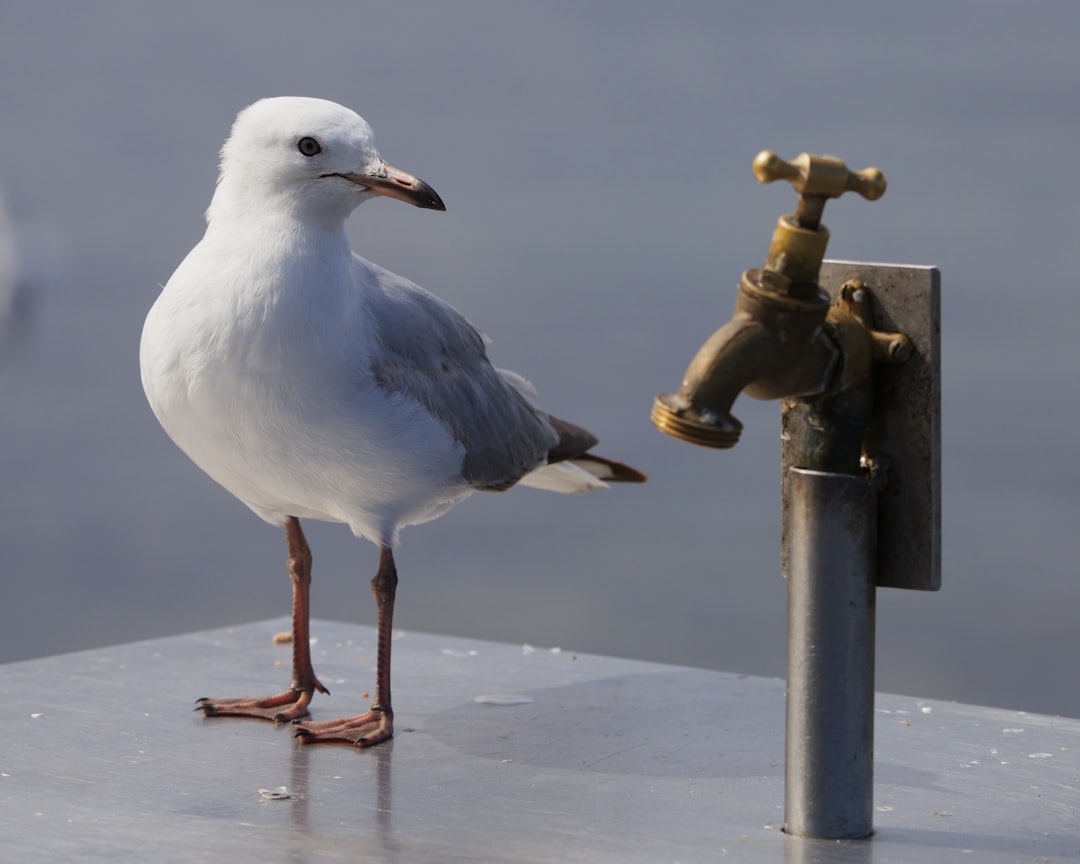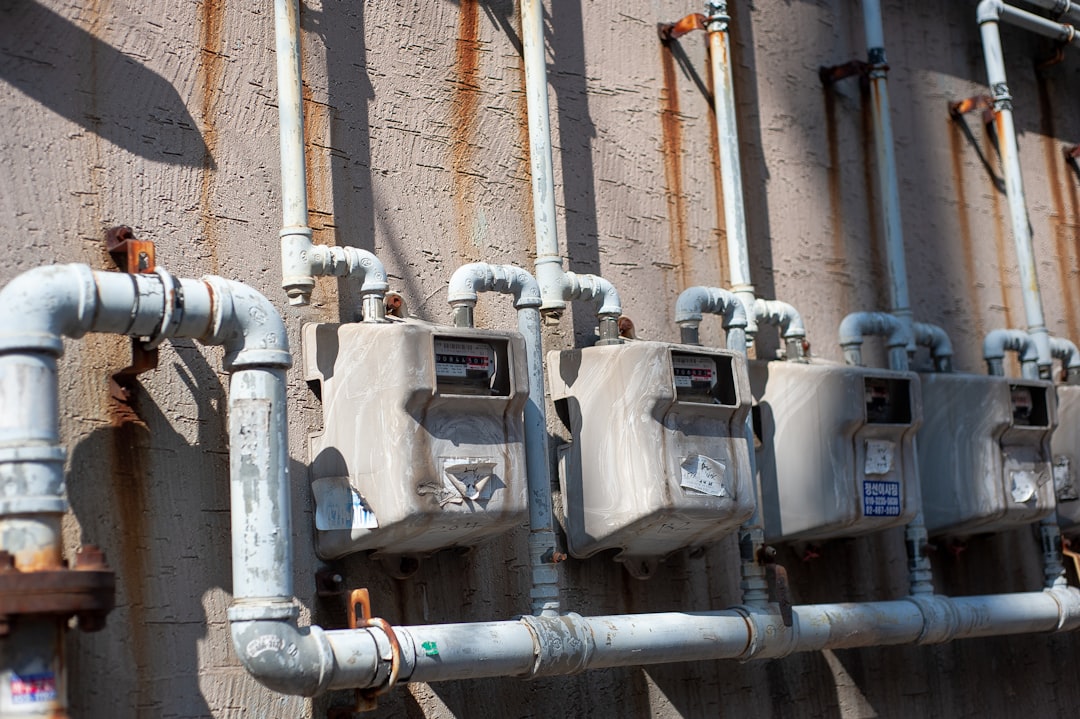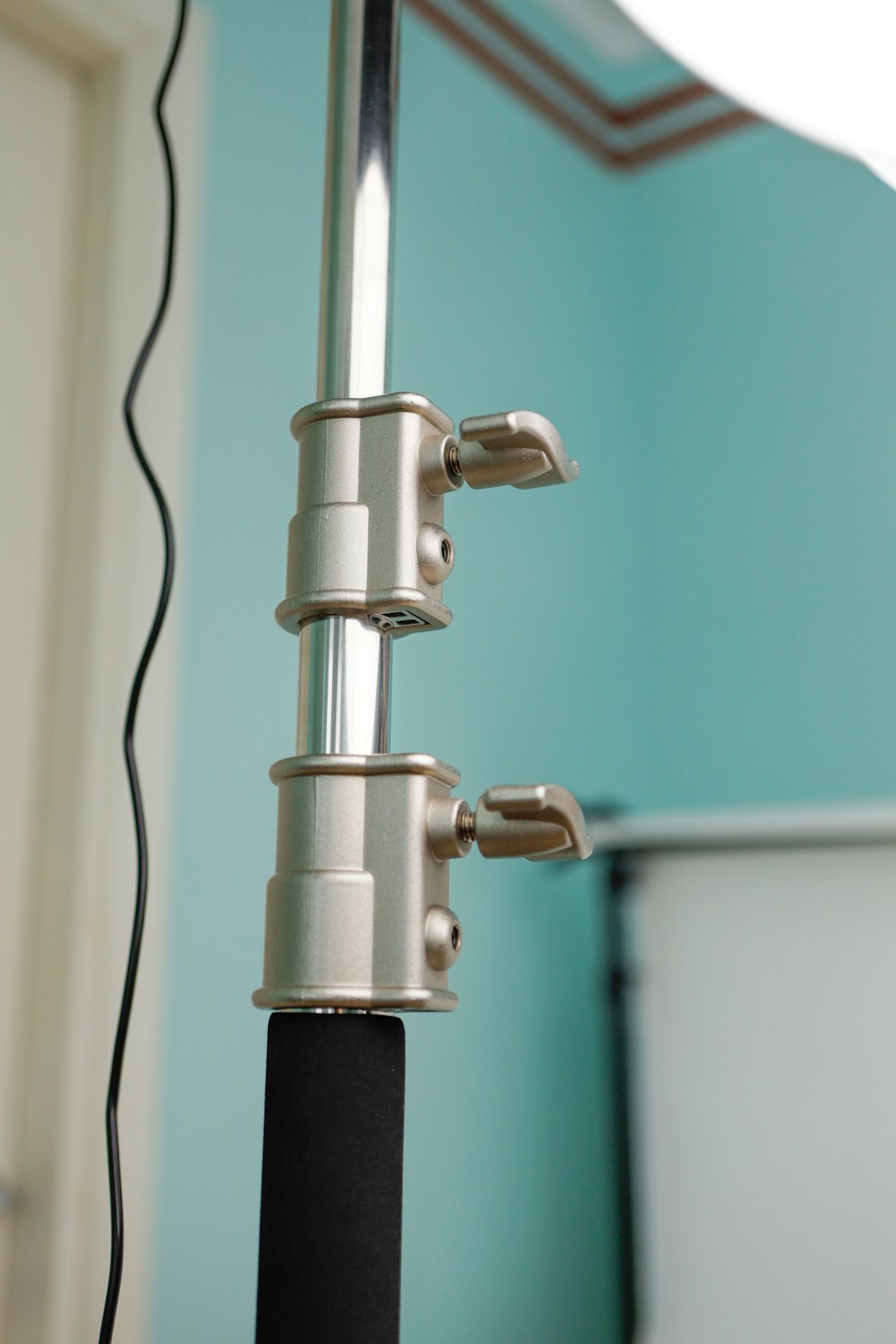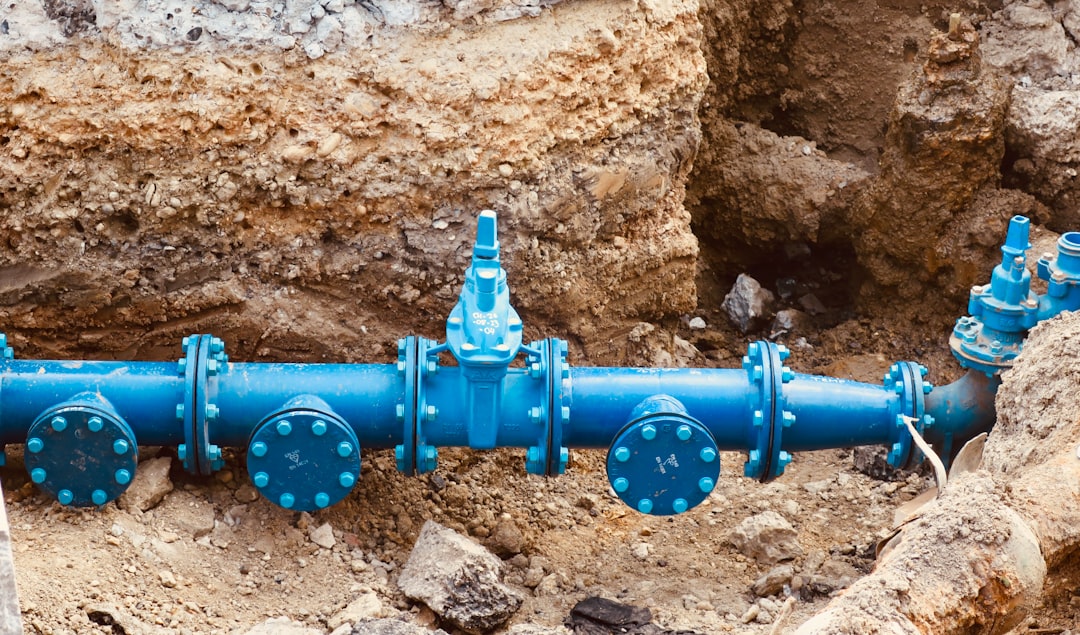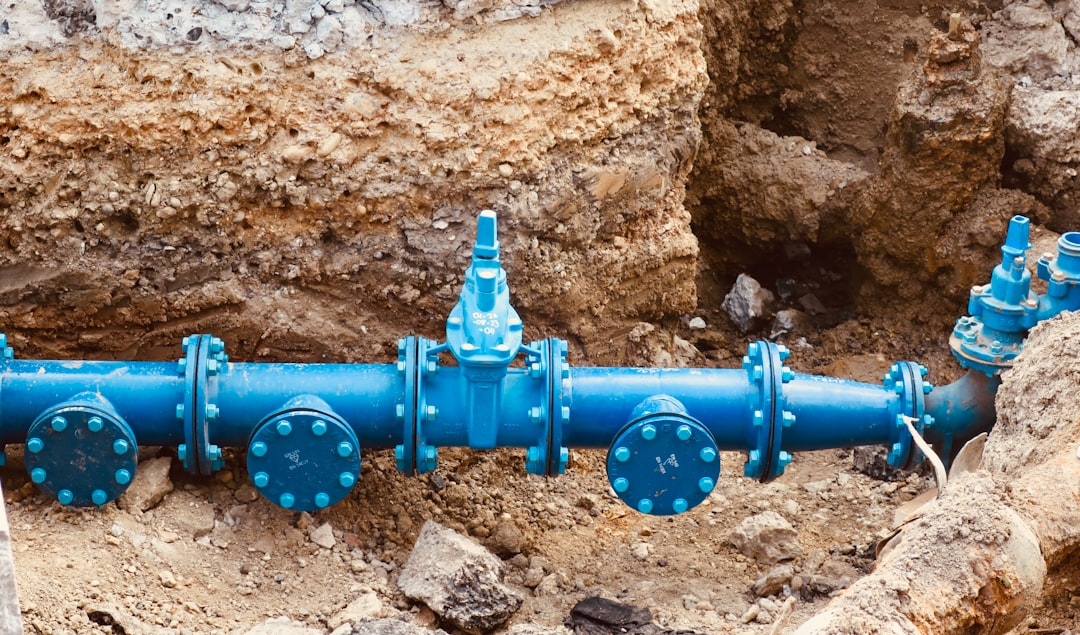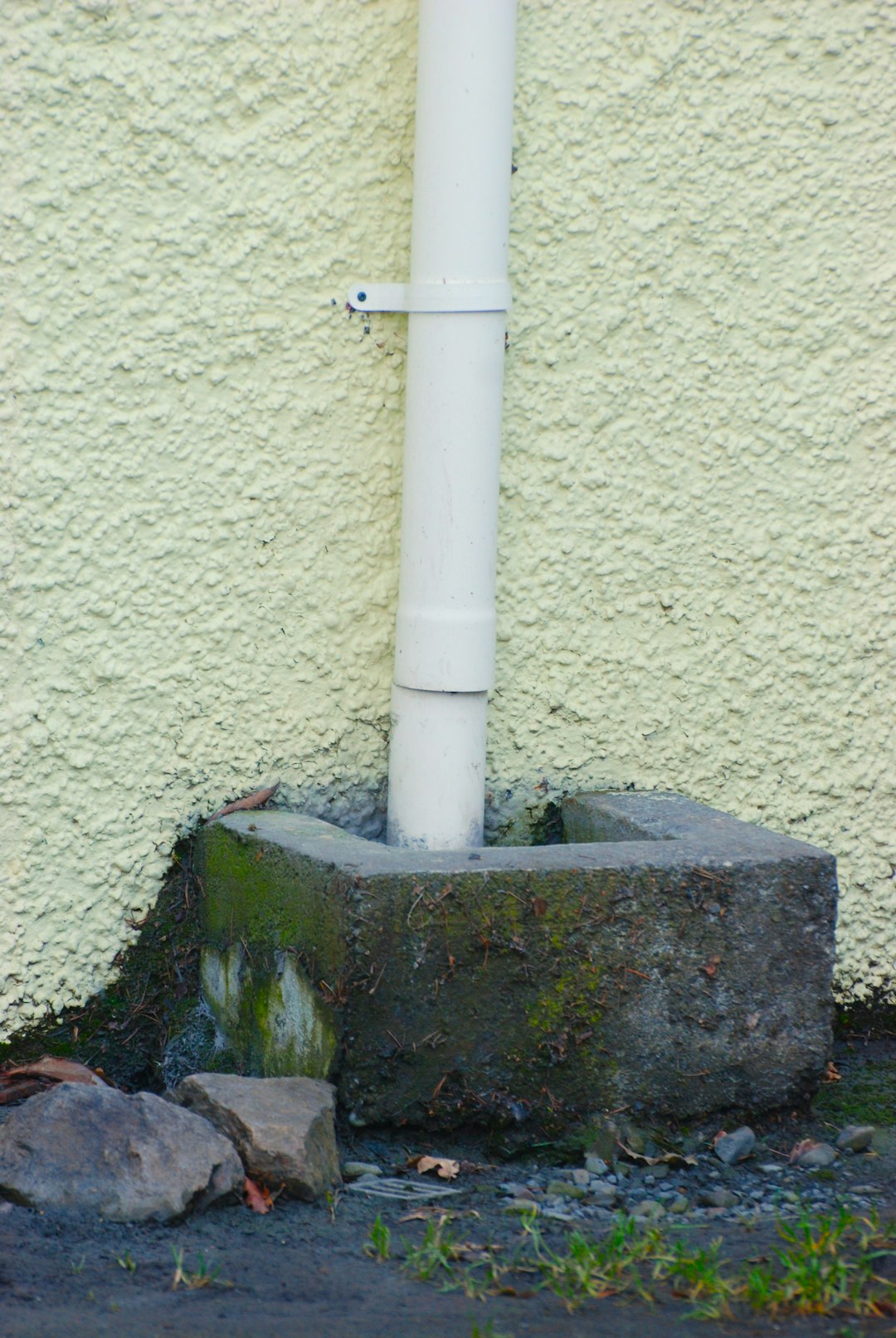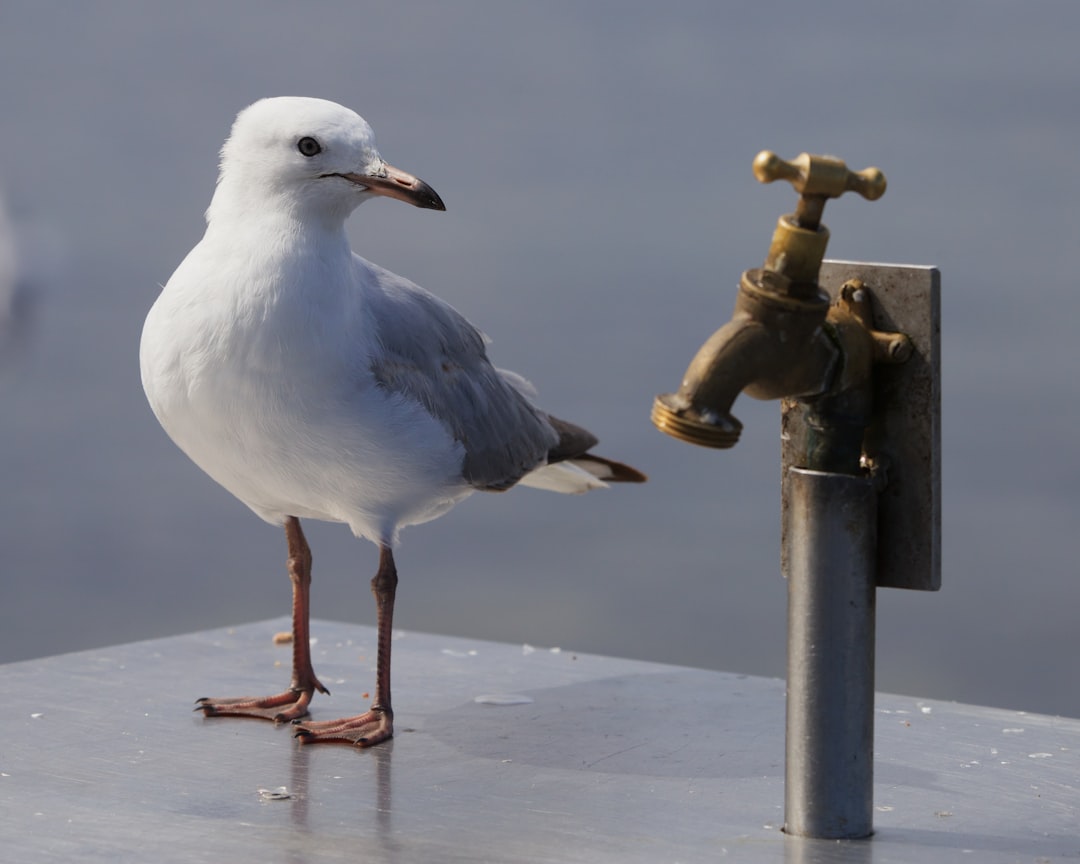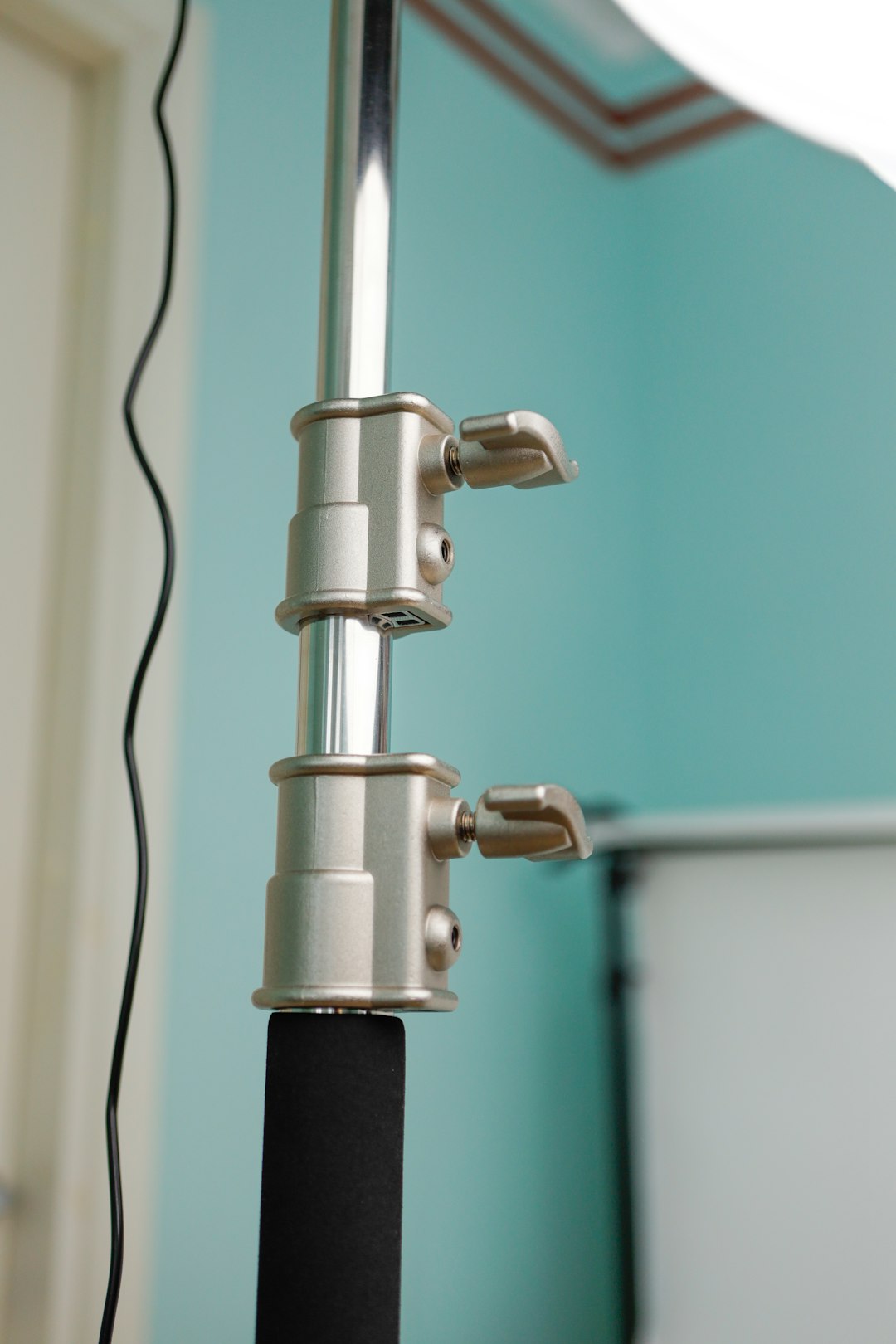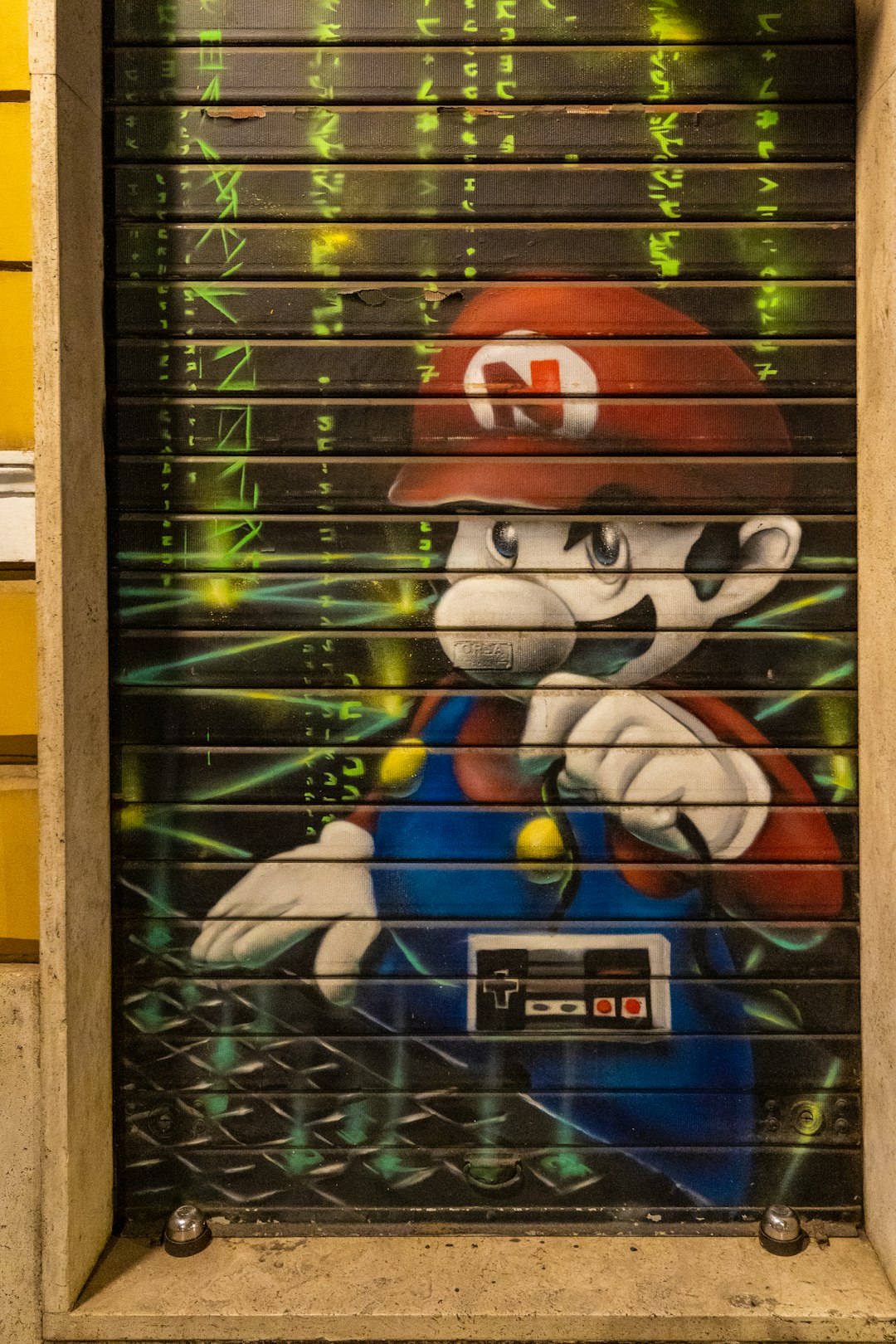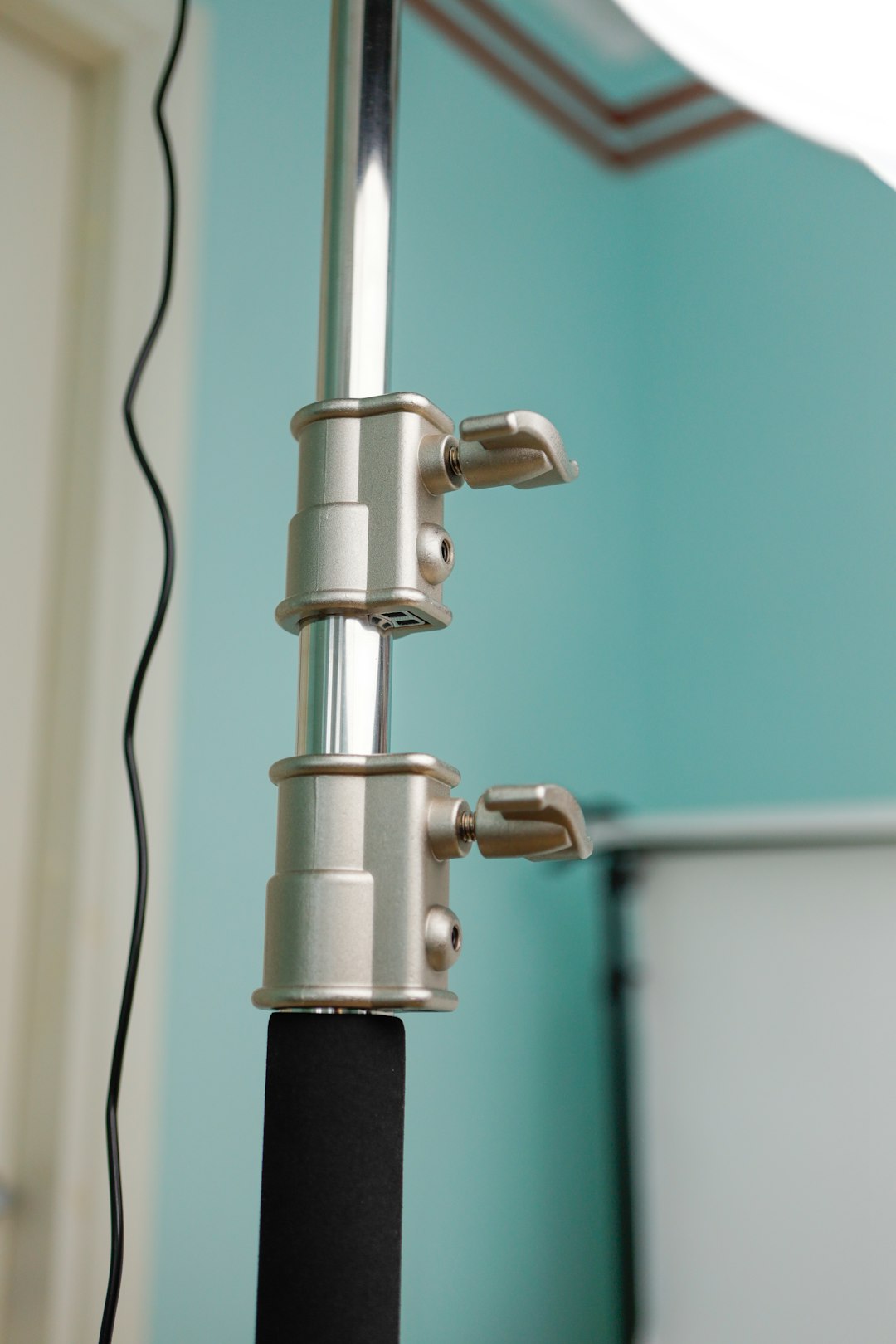Table of Contents
- Introduction
- Identifying the location and cause of the burst pipe
- Shutting off the main water supply to prevent further damage
- Assessing the extent of the damage and needed repairs
- Choosing the appropriate repair method, such as pipe burst repair or plumbing repiping services
- Implementing temporary solutions if immediate repairs are not possible
- Inspecting surrounding plumbing systems for related issues or leaks
- Performing final repairs and restoring water service using plumbing fixtures
- Conducting a thorough inspection to ensure the problem is resolved and no leaks remain
- Conclusion
- Frequently Asked Questions
Introduction
Picture this: a quiet evening at home, and suddenly, the sound of rushing water fills the air. Your heart sinks as you realize it’s not just your imagination – a pipe has burst! Panic sets in, but fear not.
In our comprehensive guide, Pipe Dreams: A Step-by-Step Guide to Plumber’s Secrets for Repairing a Burst Pipe, we unravel the often daunting process of pipe repair, making it accessible and manageable for everyone.
Whether you’re a DIY enthusiast or a complete novice, we will equip you with the essential knowledge and practical tips needed to tackle this common household crisis. You’ll discover insider secrets from seasoned plumbers, step-by-step instructions, and safety precautions that will transform you from a worried homeowner into a confident fixer-upper.
So, roll up your sleeves and prepare to dive into the world of plumbing repair. By the end of this article, you’ll be ready to face any plumbing emergency with the poise and skill of a pro!
Identifying the location and cause of the burst pipe
Identifying the location and cause of a burst pipe is a crucial first step in the repair process. Homeowners often notice signs such as unexplained puddles, water stains on walls or ceilings, and a sudden increase in water bills, which can indicate a leak somewhere in the plumbing system. To locate the burst pipe, plumbers typically begin with a visual inspection of exposed pipes, looking for signs of corrosion, cracks, or wet spots.
In cases where the burst is hidden behind walls or under floors, specialized equipment like moisture meters and thermal cameras may be used to detect temperature variations and moisture levels. These tools help pinpoint the exact location without invasive methods.
Once the burst pipe is located, the next step is to determine the cause. Common causes include freezing temperatures, corrosion, and excessive pressure within the pipes. Understanding the underlying issue helps prevent future occurrences and informs the plumber’s approach to repair.
Shutting off the main water supply to prevent further damage
When dealing with a burst pipe, the immediate priority is to shut off the main water supply to prevent further damage to the property. This quick action can significantly reduce the potential for flooding, which can lead to costly repairs and threaten the structural integrity of your home. To locate the main shut-off valve, look for a circular or rectangular valve typically found near the water meter or where the water line enters the house.
Turning the valve clockwise usually shuts off the water flow. Once the valve is shut off, it is essential to open faucets throughout the property to drain any remaining water in the pipes. This step can help alleviate pressure and minimize additional leaks. If the main valve appears faulty or difficult to operate, it may be wise to contact a professional plumber for assistance.
By shutting off the main water supply promptly, homeowners can effectively curtail further water damage and create a safer environment for any necessary repairs.
Assessing the extent of the damage and needed repairs
When a plumber is called to repair a burst pipe, the first step is assessing the extent of the damage and identifying what repairs are needed. This assessment begins with shutting off the main water supply to prevent further flooding and damage. Once the water is off, the plumber will inspect the area around the burst pipe. They will look for visible signs of damage such as wet spots, mold, and structural integrity issues.
Using specialized tools, such as moisture meters and cameras, plumbers can detect hidden leaks or weaknesses in the plumbing system. It’s crucial to evaluate not only the immediate area around the burst but also other pipes that may have been affected by pressure changes or water exposure.
After gathering all the necessary information, the plumber will create a plan to address the repairs. This may involve replacing a section of the pipe, fixing any surrounding damage, or addressing water damage that has occurred in the vicinity. A thorough assessment ensures that all issues are addressed efficiently and effectively.
Choosing the appropriate repair method, such as pipe burst repair or plumbing repiping services
Choosing the appropriate repair method for a burst pipe is crucial for ensuring a long-term solution. Plumbers often evaluate the extent of the damage and the location of the pipe to determine the best approach. One common method is pipe burst repair, where a new pipe is inserted into the old one while simultaneously breaking it apart. This technique minimizes disruption to the surrounding area and is effective for underground piping.
On the other hand, plumbing repiping services involve replacing the entire segment of the piping system. This method is typically recommended when there are multiple leaks or when pipes are old and deteriorating. Repiping can improve water pressure and reduce the risk of future issues.
Plumbers will also consider factors such as the material of the existing pipes, the plumbing system’s layout, and the homeowner’s budget. By assessing these aspects, they can recommend the most appropriate repair method that balances efficiency and cost-effectiveness.
Implementing temporary solutions if immediate repairs are not possible
When a burst pipe occurs, immediate repairs are not always feasible due to unavailability of materials, tools, or professional help. In such cases, implementing temporary solutions can prevent further damage while waiting for a permanent fix. First, it is crucial to turn off the water supply to minimize flooding risks. If the burst is small, using a pipe repair clamp or rubber patch can provide a short-term fix. These can be purchased at hardware stores and are designed to wrap around the damaged section of the pipe, sealing the leak effectively.
In addition, utilizing duct tape can also serve as a temporary measure. Wrapping it tightly around the leak may help to slow or stop the water flow until professional assistance is available. For larger bursts, placing a bucket or container underneath can catch dripping water and reduce damage to surrounding areas. It is essential to regularly check the temporary repairs, as they may not hold indefinitely. However, these measures can be invaluable in mitigating damage and providing peace of mind in an emergency situation.
Inspecting surrounding plumbing systems for related issues or leaks
When a plumber responds to a burst pipe, one of the first steps involves inspecting the surrounding plumbing systems for any related issues or leaks. This thorough examination ensures that any potential problems do not go unnoticed, which could lead to further damage. The plumber will typically check for signs of moisture or water damage in nearby areas, including walls, ceilings, and floors.
Additionally, the plumber will assess the condition of adjacent pipes to determine if they are also at risk of bursting or leaking. This might include looking for corrosion, wear, or other physical signs that could indicate underlying issues. In some cases, a pressure test may be conducted to identify leaks within the system.
By inspecting surrounding plumbing systems, plumbers can take a proactive approach, addressing any issues at the source and preventing potential future problems. This step is crucial, as it not only fixes the immediate problem but also helps to maintain the overall integrity of the plumbing system.
Performing final repairs and restoring water service using plumbing fixtures
Once the burst pipe is identified and repaired, the final steps involve restoring water service to the affected plumbing fixtures.
First, the plumber inspects all connections and joints to ensure there are no leaks. They will then proceed to turn the water supply back on gradually, monitoring for any irregularities.
After restoring the water flow, the plumbing fixtures, such as faucets and toilets, are tested to confirm they are functioning properly. Additionally, the plumber checks for consistent water pressure and inspects for any signs of moisture or leaks around the repaired area.
Once everything is functioning as it should, the plumber may recommend some preventive maintenance steps, such as insulation for exposed pipes, to avoid future burst scenarios.
It is crucial for homeowners to be vigilant about their plumbing systems and to address any issues promptly, as this can help to prevent more extensive damage in the future. Following these procedures not only ensures a successful repair but also restores peace of mind for the occupants.
Conducting a thorough inspection to ensure the problem is resolved and no leaks remain
Once plumbers have repaired a burst pipe, conducting a thorough inspection is crucial to ensure that the problem is completely resolved and that no leaks remain. This process typically begins with a visual examination of the repaired area to check for any obvious signs of water seepage or damage. Plumbers will also inspect surrounding fixtures and fittings to confirm that they are not affected by the repair.
Additionally, pressure testing may be performed to evaluate the integrity of the repair. This involves checking the entire plumbing system for any pressure drops that could indicate hidden leaks. Using specialized tools such as moisture meters, plumbers can detect moisture levels within walls or floors that might signal a leak.
Finally, after all checks are completed, it is vital to test the system by running water through the pipes. This allows plumbers to observe the functionality of the entire plumbing system and ensures complete resolution of the issue.
Conclusion
In conclusion, dealing with a burst pipe can be a daunting and stressful experience for any homeowner. However, by following the detailed steps outlined in this guide, you can effectively manage the situation and minimize damage to your property. From identifying the location and cause of the burst to implementing temporary solutions and conducting thorough inspections, each step is crucial for a successful repair. Remember to always prioritize safety by shutting off the main water supply and assessing the extent of the damage before proceeding with any repairs. If at any point you feel overwhelmed or uncertain, do not hesitate to contact a professional plumber. Expert assistance can ensure that the repairs are carried out correctly and efficiently. For immediate plumbing assistance, call 573-555-2121 and take the first step towards restoring the integrity of your plumbing system and your peace of mind.
